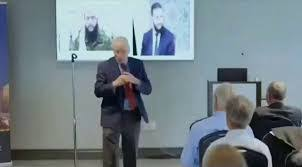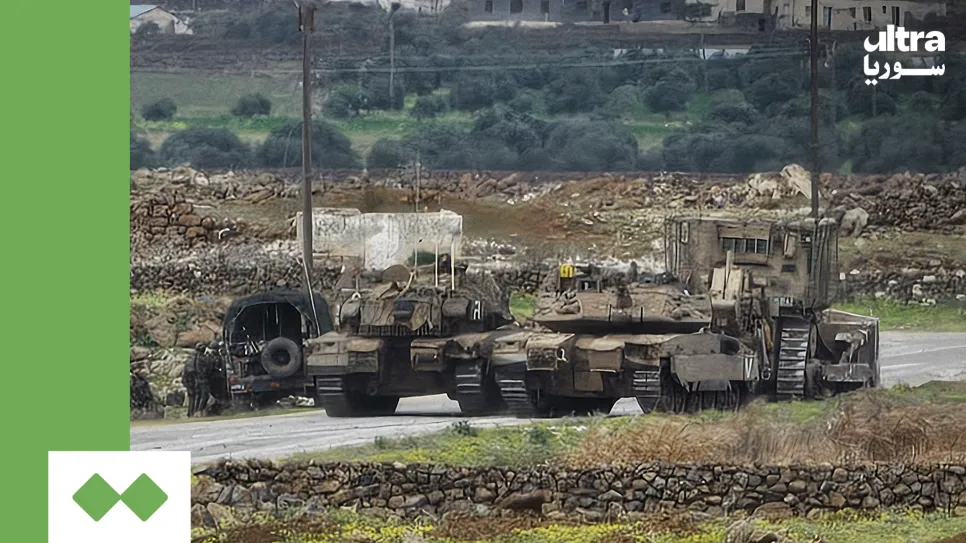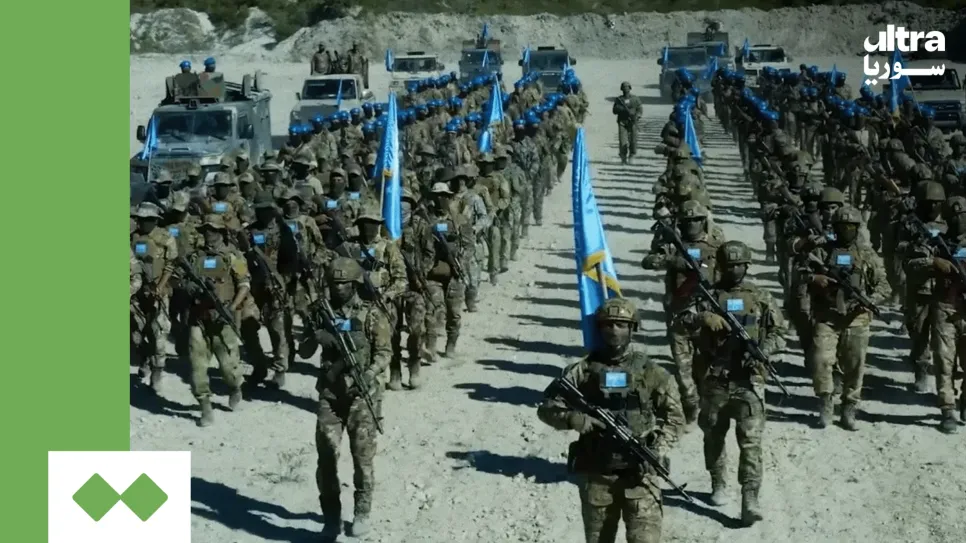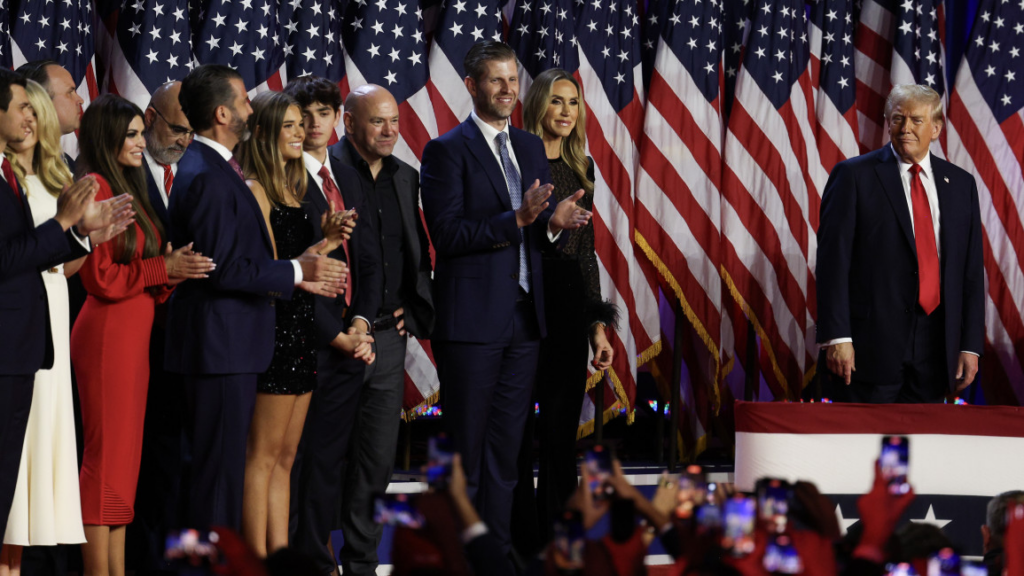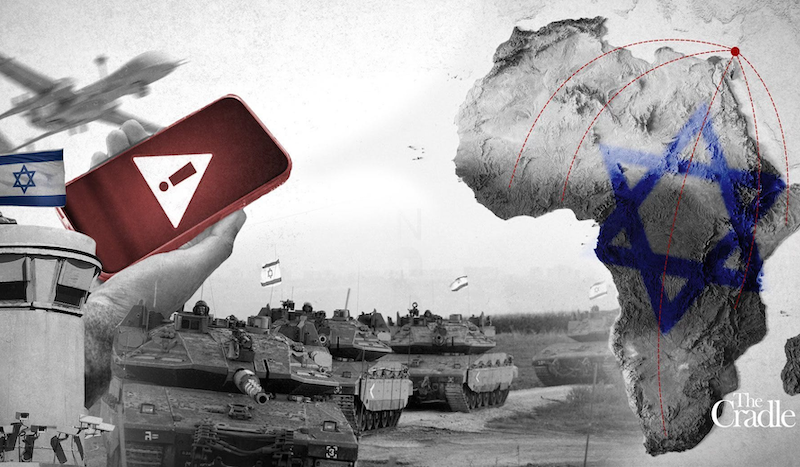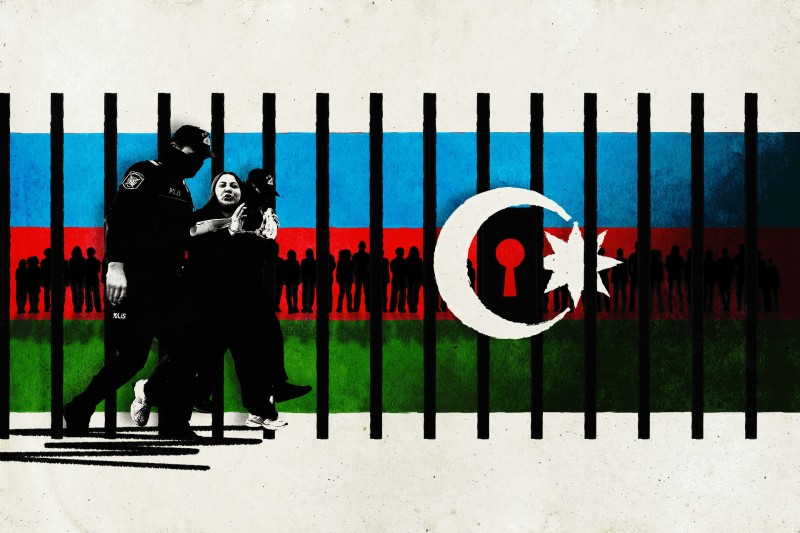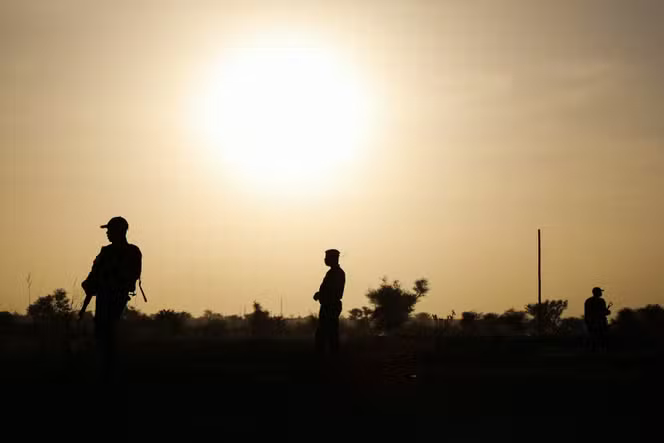The View from Damascus – Foreign Fighters in Post-War Syria: Between Integration, Instrumentalization, and Institutional Collapse – The Syrian Observer
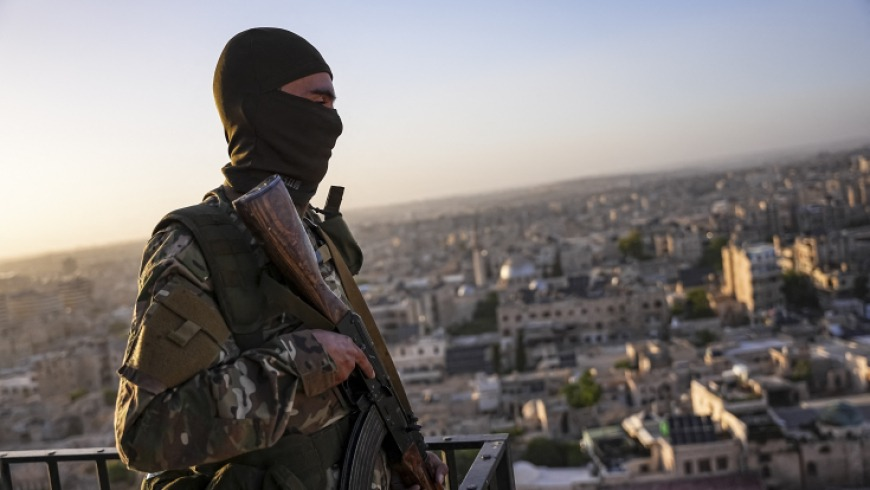
In the uneasy interstice between war and peace, Syria grapples with a question striking at the heart of national sovereignty, social cohesion, and institutional legitimacy: what to do with thousands of foreign jihadist fighters who can neither be expelled nor ignored. The recent move to integrate roughly 3,500 of these militants—most notably from the Uyghur-dominated Turkistan Islamic Party—into a new military division has ignited fierce political, ethical and security debates. While some frame this as a pragmatic solution for battle-hardened fighters with no repatriation options, others see it as a dangerous compromise that could erode Syria’s fragile foundations.

